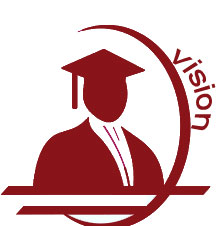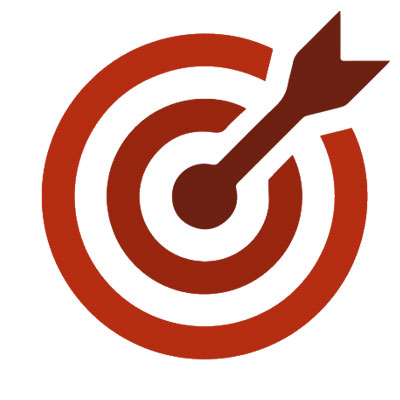Department of Pharmaceutical Technology has been setup with the sole aim to be “Center of Excellence” by providing quality education & skills to young professionals and contributing to the field of pharmacy education. The curriculum of pharmacy makes an enriching learning experience as it perfectly combines technology and health care system. The profession of pharmacy has transformed into the hub for the “Global Health Care” and has evolved as multidisciplinary, multifaceted curriculum. Its involvement is deep and plays an important role in all events from discovery of new drug molecule to its evaluation, development, approval for human consumption, manufacture and every other important aspect.
B. Pharma 100
M.Pharma
Pharmaceutics-15
Pharmacology-15
| Courses Outcome |
| 1. Cousere Outcome |

To be an outstanding department in the country that imparts high quality, need based, value based and career based education with a strong research programme to produce self reliant competitive Pharmacy professionals.

It is my privilege to welcome you to Department of Pharmaceutical Technology, MIET, Meerut. It gives me immense pleasure to lead the department as Professor and Head. Our department is one of the best among various pharmacy institutes of northern India. Department of Pharmaceutical Technology has been setup with the sole aim to be “Center of Excellence” by providing quality education & skills to young professionals and contributing to the field of pharmacy education. The vision of the department is to impart high quality, need based, value based and career based education to both graduates and undergraduates in the field of Pharmaceutical Sciences.
Here, the blend of academic experts, dynamic curriculum, well-qualified faculty, industry-academia interaction, and research facilities makes it the best choice to launch your career along with the enhancement of your professional skills. The curriculum of pharmacy makes an enriching learning experience as it perfectly combines technology and health care system. The profession of pharmacy has transformed into the hub for the “Global Health Care” and has evolved as multidisciplinary, multifaceted curriculum.
Its involvement is deep and plays an important role in all events from discovery of new drug molecule to its evaluation, development, approval for human consumption, manufacture and every other important aspect. We offer 03 programs namely B. Pharm., M. Pharm. (Pharmaceutics) and M. Pharm. (Pharmacology) for the students who wish to make their career in the field of Pharmaceutical Technology. Wish you all success in life.

Dr. VIPIN KUMAR GARG
Principal and Professor
PEOs |
PSOs |
|
|
Program Outcome |
|